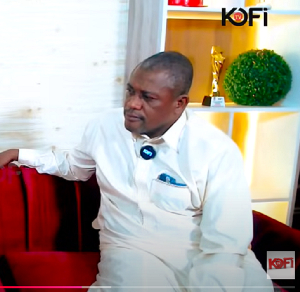The issue of lawyers trying to 'twist the hand' of a judge sound funny, but very serious. (PeaceFM Website 3rd October 2006) The lawyers involved, one would like to believe, perhaps had a perfectly legitimate excuse for their absence from court. However, this is worrying because of the social and political context in which this happened. In a democratical society that respects the rule of law, the law must be respected. It is everyone's expectation that those with the responsibility for enforcing or interpreting or pronouncing on the law have to show that they take the law seriously.
An aspect of democracy is that people can trust the 'system' to protect them. The administration of justice is a central element of that system. If one can go to law and believe in what might happen, they do not need to take the law into their own hands. If, on the other hand, they do not trust in the operation of the legal system, they do not feel protected by the state.
It is an acceptable expectation of the administration of justice that, 'Justice does not only have to be done, but, more importantly, must be seen to be done.' Allegations of bribery and exercise of undue influence over judges by legal combatants stem from the failure of the system, as they see it, even though those allegations may be outrageous and completely unfounded. Nevertheless these suspicions will continue until the administration of justice is made more transparent and believable. Denying anyone justice is evil.
It is only on this account that I find it crucial that, especially in high profile cases, such as the contempt case before the Cape Coast High Court, the subject of the article referred to, justice must be seen to be done, and to be done with the minimum delay. There have, lately, been a few high profile cases of people being jailed for contempt of court. Is it because people believe they can take the courts for a ride? Is it a statement of protest against the court system? I have never heard of a legal dispute ending in a draw. But whichever side loses, or wins, whether the state (prosecutor), or the accused (defence), the entire process must be credible. Delays generate anxieties, and anxieties breed suspicion and fear.
Perhaps the judge in this case would consider the above in continuing to handle this case. On a wider front, perhaps the whole system of administering justice in Ghana should be reviewed, to bring back trust in our legal system. It is perceived to lack bite, or sometimes to bite in the wrong places. One should not blame the public for making wrong noises. The blame is with those who adminster justice. As the saying goes, justice delayed is justice denied.



















